Wasteful conversion in front of goal didn’t undo Gold Coast on Saturday night against Essendon, but it could well have, prompting Rodney Eade to reveal that the SUNS will source an outside specialist to assist them with their kicking in the future.
It hasn’t been the sheer number of misses this season, rather the kind of misses. Routine shots within 30 to 40 metres have been squandered, whilst far tougher shots have been converted. Tom Lynch and Jack Martin were the two main culprits on Saturday night, but they weren’t alone.
Despite a sizeable inside 50 differential (+11), the SUNS only narrowly defeated the Bombers by two-points in a nail-biting affair. Although the game could have been put beyond doubt earlier if Gold Coast had taken their chances.
A frustrated Eade was disappointed with his side’s inefficiency in front of goal against Essendon, emphasising the importance of conversion. Earlier in the day, Collingwood had nine more inside 50s than Richmond, but still lost by 91 points in extraordinary circumstances that add more weight to the argument.
“There’s no doubt that’s an area we need to (focus on). I think it’s the most underrated stat in footy – is conversion,” Eade told the media in his post-match press conference.
“You can go inside 50 40 times and you can kick 18 goals. But we need to go inside 60 and kick 14. If you can be efficient and take your chances when they’re there.
“There were also some snap shots from guys that weren’t under enormous pressure that didn’t convert.
“A couple of guys had set shots and it was like kicking down a fairway, they just... big slice.”
Poor kicking has been a common theme of the SUNS' season, both in terms of field kicking and on goal. But it is something Eade is determined to find a solution for as soon as possible, potentially in the form of a scientist.
This might have been a laughable thought a decade ago, but since Hawthorn’s utilisation of biomechanist David Rath and their era of dominance underpinned by phenomenal foot skills, other clubs have gradually clued on to the importance of fine tuning techniques through the use of science.
“Yes we will be seeking what we can do to rectify that and that might be personnel, whether a biochemist, a skill ac (acquisition) guy, whether it’s a whole range of different things we’ll look at,” Eade said.
“We need to improve it. I think there’s some technical faults there.”
Eade: We will seek conversion resolution
Wasteful conversion in front of goal didn’t undo Gold Coast on Saturday night, but it could well have, prompting Rodney Eade to reveal that the SUNS will source an outside specialist.


